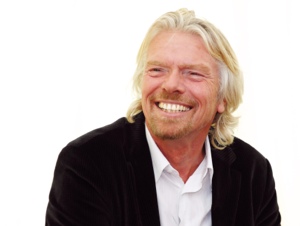Give and Take: A Revolutionary Approach to Success by Adam Grant is a fascinating book that looks at the difference between people who naturally give and those who are natural ‘takers’.
He found that the least successful people in business tend to be ‘givers’, as you may suppose. However, Grant also discovered that the most successful people also tend to givers – possibly far more surprising.
The book uncovers lots of great research that often flies in the face of our conventional thinking.
Expectations
One that particularly struck me was the thinking and expectations behind asking for help.
Research shows that at work, the vast majority of giving that occurs between people is in response to direct requests for help. In one study, managers described times when they gave and received help. Of all the giving exchanges that occurred, roughly 90% were initiated by the recipient asking for help. Yet when we have a need, we’re often reluctant to ask for help. Much of the time, we’re embarrassed: we don’t want to look incompetent or needy, and we don’t want to burden others.
It’s a peculiar phenomenon called Game Face where people don’t want to look vulnerable and prefer to be seen as successful all the time. Continue reading “Why don’t we ask for help more often?”
 Following the terrible crash of a Virgin Galactic test flight,
Following the terrible crash of a Virgin Galactic test flight,